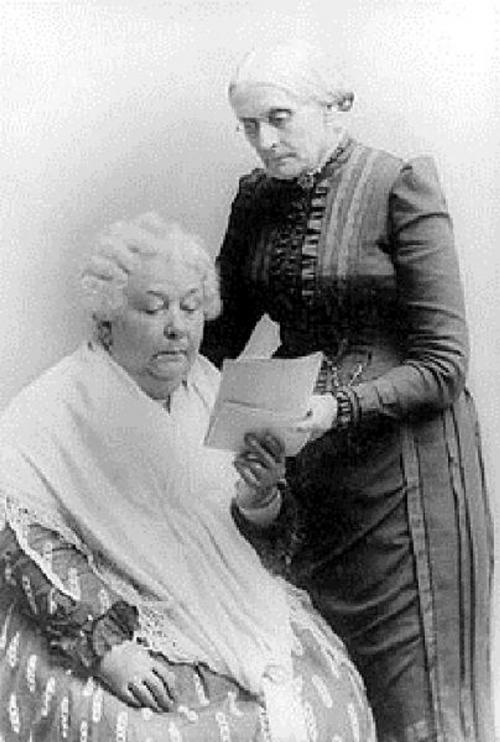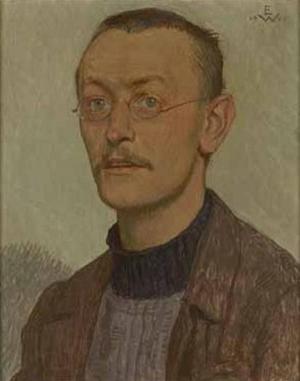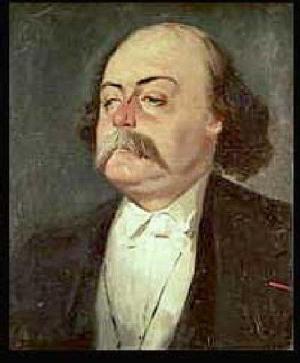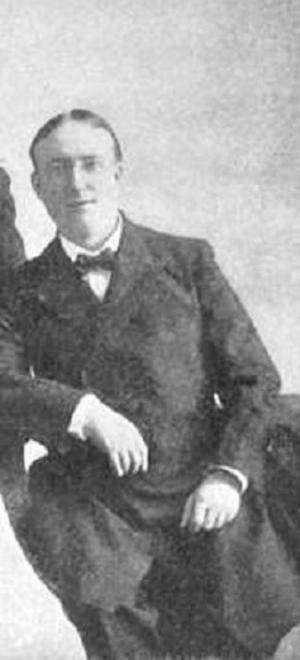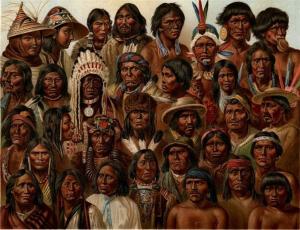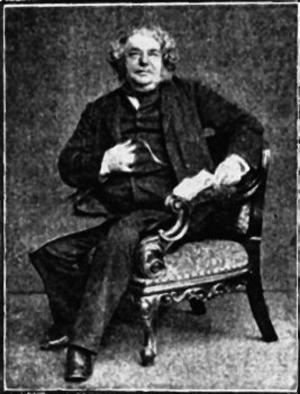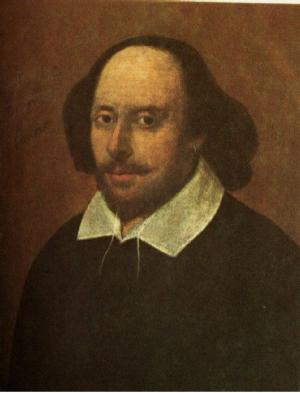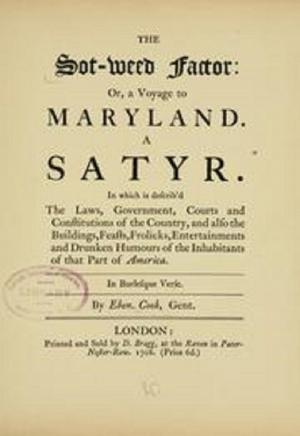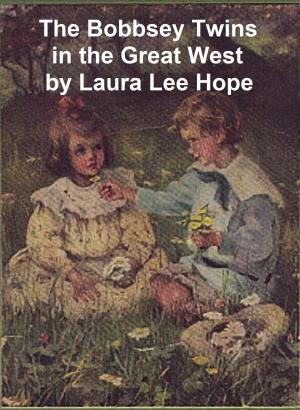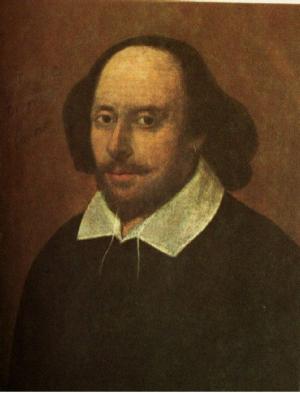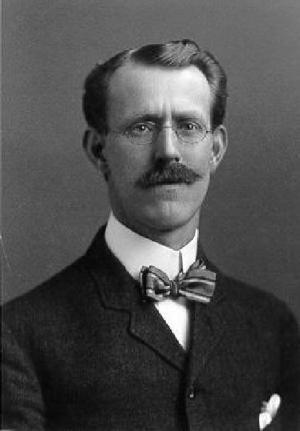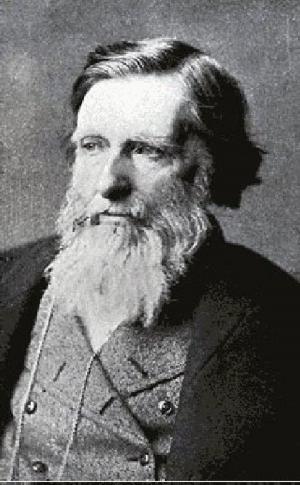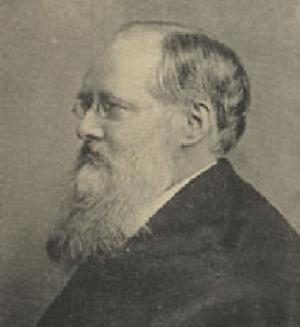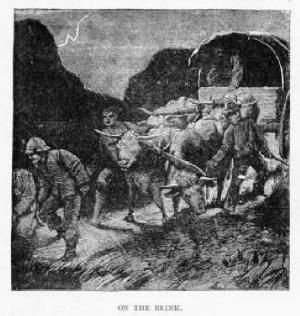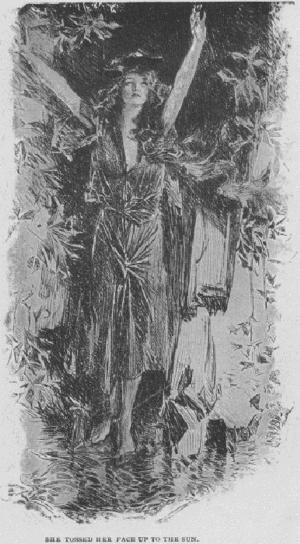History of Woman Suffrage, volume 4
Nonfiction, Social & Cultural Studies, Social Science, Gender Studies, Women&| Author: | Elizabeth Cady Stanton, Ida Husted Harper | ISBN: | 9781455403981 |
| Publisher: | B&R Samizdat Express | Publication: | December 15, 2009 |
| Imprint: | Language: | English |
| Author: | Elizabeth Cady Stanton, Ida Husted Harper |
| ISBN: | 9781455403981 |
| Publisher: | B&R Samizdat Express |
| Publication: | December 15, 2009 |
| Imprint: | |
| Language: | English |
According to the Preface, this book is "Woven with the threads of this (Woman's suffrage) history, we have given some personal reminiscences and brief biographical sketches." This is the first of six volumes told by the heroines who fought for the women's vote. According to Wikipedia, "Elizabeth Cady Stanton (November 12, 1815 October 26, 1902) was an American social activist, abolitionist, and leading figure of the early woman's movement. Her Declaration of Sentiments, presented at the first women's rights convention held in 1848 in Seneca Falls, New York, is often credited with initiating the first organized woman's rights and woman's suffrage movements in the United States. Susan Brownell Anthony (February 15, 1820 March 13, 1906) was a prominent American civil rights leader who played a pivotal role in the 19th century women's rights movement to introduce women's suffrage into the United States. She traveled the United States, and Europe, and averaged 75 to 100 speeches per year. Matilda Electa Joslyn Gage (Cicero, New York, March 24, 1826 March 18, 1898 in Chicago) was a suffragist, a Native American activist, an abolitionist, a freethinker, and a prolific author, who was "born with a hatred of oppression."
According to the Preface, this book is "Woven with the threads of this (Woman's suffrage) history, we have given some personal reminiscences and brief biographical sketches." This is the first of six volumes told by the heroines who fought for the women's vote. According to Wikipedia, "Elizabeth Cady Stanton (November 12, 1815 October 26, 1902) was an American social activist, abolitionist, and leading figure of the early woman's movement. Her Declaration of Sentiments, presented at the first women's rights convention held in 1848 in Seneca Falls, New York, is often credited with initiating the first organized woman's rights and woman's suffrage movements in the United States. Susan Brownell Anthony (February 15, 1820 March 13, 1906) was a prominent American civil rights leader who played a pivotal role in the 19th century women's rights movement to introduce women's suffrage into the United States. She traveled the United States, and Europe, and averaged 75 to 100 speeches per year. Matilda Electa Joslyn Gage (Cicero, New York, March 24, 1826 March 18, 1898 in Chicago) was a suffragist, a Native American activist, an abolitionist, a freethinker, and a prolific author, who was "born with a hatred of oppression."
